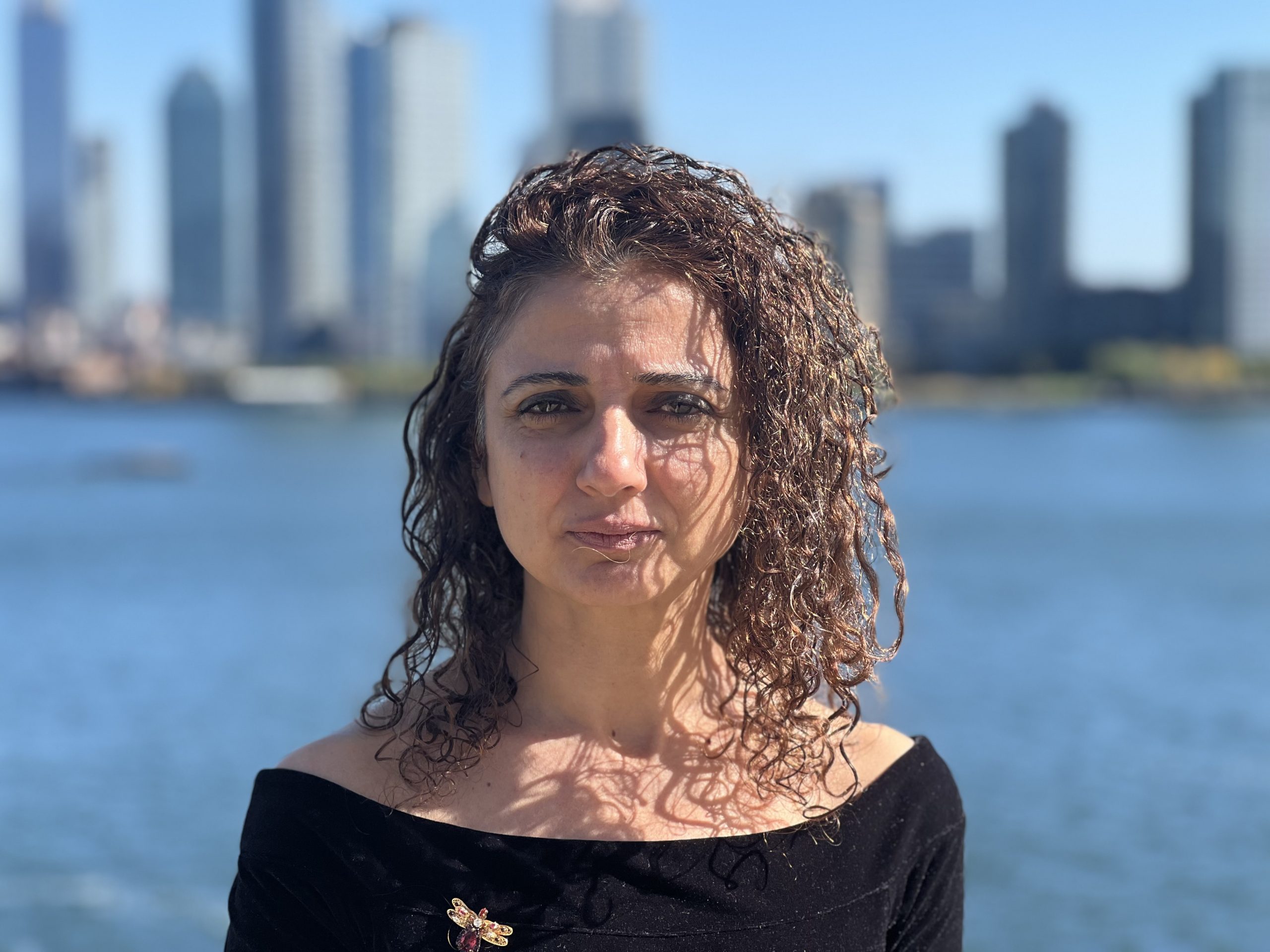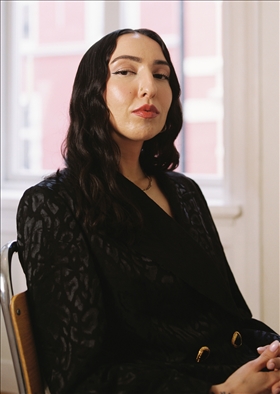Azem talks to Burcu Sahin, award-winning poet and cultural producer.
Uppsala Stadsteater
Saturday March 23, 16.00
Language: English
Duration: 45 minutes
The Uppsala International Literature Festival presents here an authorship that has now become highly topical and can almost be regarded as prophetic. It is about Ibtisam Azem, a Palestinian novelist and journalist, based in New York, who has published two novels in Arabic: Sariq al-Nawm (Sömntjuven, 2011) and Sifr al-Ikhtifaa (2014). Only when the established Iraqi author colleague and translator Sinan Antoon reads and translates her second novel and it is published in English translation, The Book of Disappearance does Azem get her international breakthrough. Five years after the original release in Arabic.
Through an imaginative story, the real issues that Palestinians and Israelis are now grappling with are reflected. Azem’s The Book of Disappearance takes place forty-eight hours after Israelis discover that all their Palestinian neighbors have disappeared. Two friends, one Jewish and one Palestinian, struggle to understand the traumatic event in different ways. The novel becomes a confrontation between two memories where Ariel, a liberal Zionist, critical of the occupation of Palestinian territories nevertheless believes in the Israeli project and Alaa who is haunted by her grandmother’s memories of displacement and being a refugee in her own homeland.
The book contains a multitude of voices and controversial opinions from both Palestinians and Israelis. There is Badriyya, the Palestinian woman who, in a last post before she herself disappears, expresses anti-Semitism and transcribes a fictional speech from the Knesset in which Israel is likened to a cancerous woman whose infected cells need to be wiped out. There are the leaders of Zionism who believe that the disappearance of the Palestinians should mean a relief for Israelis, and journalists who write articles with titles like ”Have Our Problems Disappeared Forever?”
The struggle that unfolds in the novel is a question of time, of language, of the past and the future.
Ibtisam Azem’s novel has been critically acclaimed in the United States and has been called a masterpiece that makes the reader reflect on the historical foundations of the formation of the state of Israel, the expulsion of Palestinians from their former homes. Using a magical realism as cutting as Borges, Azem weaves through the story of a young Israeli journalist and his missing Palestinian friend a devastating exploration of the nakbah, betrayal, erasure of memories and love of home.
Azem talks to Burcu Sahin, award-winning poet and cultural producer.


